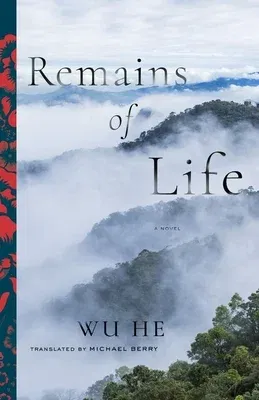Wu Wu He
(Author)Remains of LifePaperback, 11 April 2017

Qty
1
Turbo
Ships in 2 - 3 days
In Stock
Free Delivery
Cash on Delivery
15 Days
Free Returns
Secure Checkout

Part of Series
Modern Chinese Literature from Taiwan
Part of Series
Modern Chinese Literature from Taiwan (Paperback)
Print Length
352 pages
Language
English
Publisher
Columbia University Press
Date Published
11 Apr 2017
ISBN-10
023116601X
ISBN-13
9780231166010
Description
Product Details
Author:
Book Format:
Paperback
Country of Origin:
US
Date Published:
11 April 2017
Dimensions:
21.34 x
13.97 x
2.29 cm
Genre:
Asian - General
ISBN-10:
023116601X
ISBN-13:
9780231166010
Language:
English
Location:
New York
Pages:
352
Publisher:
Weight:
430.91 gm